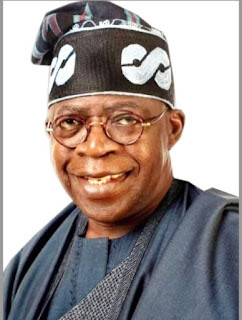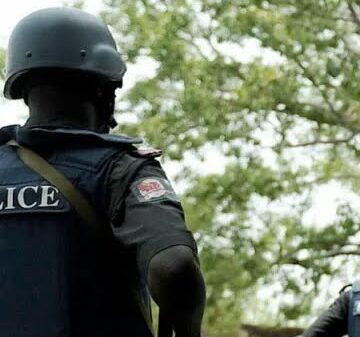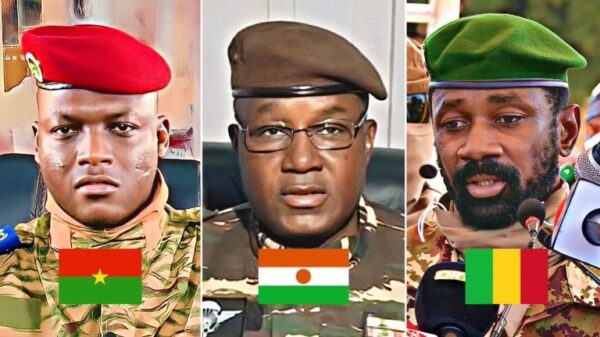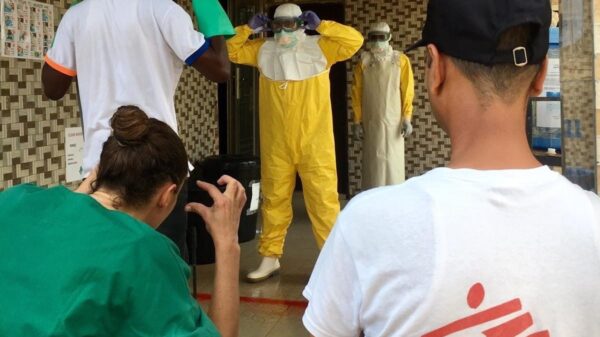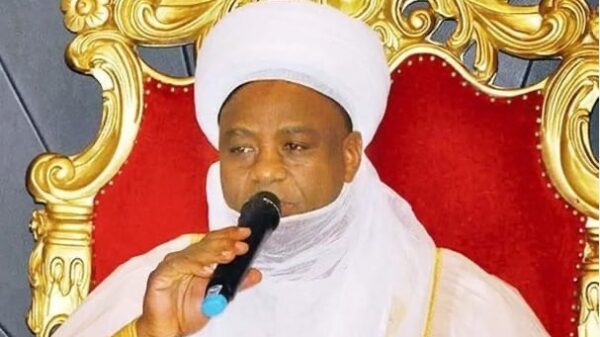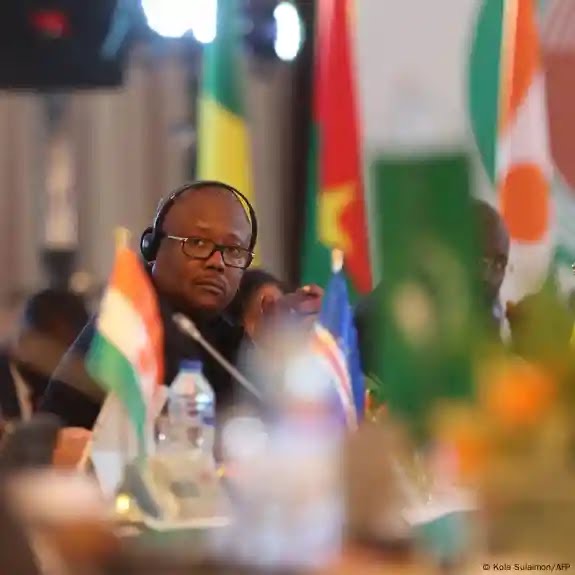Prof. Eghosa Osaghae, Director-General, Nigerian Institute of International Affairs (NIIA), says the Economic Community of West African States (ECOWAS) should be kept intact to a great extent.
He said on Wednesday in Lagos that the regional body was not founded on sentiments or emotions.
Osaghae described ECOWAS as a strategically important organisation to every country and citizen of West Africa.
Osaghae spoke during a strategic roundtable with the theme: “Evolving Developments in ECOWAS and the Sahel”.
The event was organised by NIIA.
He said ECOWAS had been with Burkina Faso, Niger and Mali, both internally and externally, doing all possible to keep them.
He said that the countries were strategic to ECOWAS but had gone on to form an Alliance of Sahel States (Alliance des États du Sahel – AES).
According to Osaghae, the possibility of some other countries joining the AES is worrisome.
“Specifically, Togo has been mentioned, and it has been said that there are many reasons why it might be making such a move.
“Everyone knows that Togo, together with Nigeria, founded ECOWAS; so, it is as pivotal to ECOWAS as Nigeria is.
“If this is the case, we must become more serious, not because others are not crucial, but because Togo symbolises the very idealistic trajectory of ECOWAS.
“In a changing world, we need a stronger ECOWAS not a weaker one,” he said.
Prof. Femi Otubanjo, Senior Research Professor at NIIA, said the coup in Niger brought a new intensity to the travails of ECOWAS.
“Are we seeing the precursor of the collapse or disintegration of ECOWAS?” Otubanjo asked.
He urged ECOWAS to continue engaging diplomatically with Burkina Faso, Niger and Mali in order to restore their place in the regional body.
He said that, alternatively, ECOWAS should help to hasten the return of the three countries to democratic rule.
According to him, ECOWAS has not failed but is an ongoing enterprise.
“Even the UN has not been able to stop wars but it is still standing.
“The fact that there has been no decisive action on the part of the organisation does not mean it has failed.
“After January 29, there will be 12 members left, and what we should do is re-address the problems of the region.
“Our problem is not democracy but we still need it.”
Prof. Anthony Kila, Center Director, Commonwealth Institute of Advanced and Professional Studies, questioned the benefits enjoyed by ECOWAS member-states
He said trades guided by the spirit of ECOWAS were missing because there was no coordination.
He said that countries were bold enough to exit because they could not count, in tangible terms, what ECOWAS had given them.
He said there was a fear that ECOWAS might crumble if some countries would leave, urging that scholars, ambassadors and those interested in international trade should identify barriers impeding the regional body from performing excellently.
“In reviewing ECOWAS, we have to admit that it has failed in some areas.
“If we want to reset it, we have to think of direct benefits to peoples and governments. The ideals of ECOWAS are still great but we need those who will implement them.”
Prof. Joshua Bolarinwa, Director of Research at NIIA, said since inception, ECOWAS had focused on promoting economic integration among its initial 16 member-states.
He, however, said that as political stability became a recurring challenge within West Africa, ECOWAS expanded its mandate to include conflict management and democratic governance.
“Apart from promoting economic integration, trying to reduce instability and insecurity in the sub region and within the member-states, ECOWAS has also resolved to promote democratic governance, which is seen as a solution for peace and development.
“ECOWAS has developed a lot of frameworks, among which we have the framework of conflict management prevention.”
He noted that ECOWAS also had a framework to prevent unconstitutional changes of government and stimulate democratic consolidation.
Bolarinwa said it was unfortunate that all of these had not been implemented effectively, leading to other problems and democratic reversals within the region.
“ECOWAS must try to stabilise, assert itself, increase its influence, increasingly engage the three countries, and focus more on regional integration,” he said.







